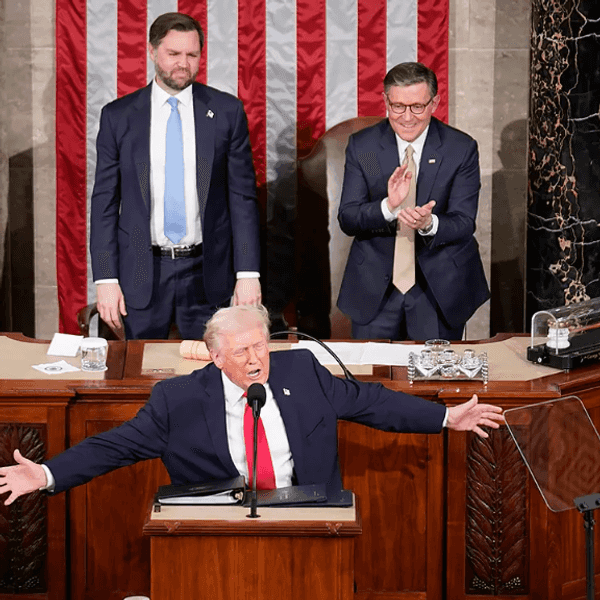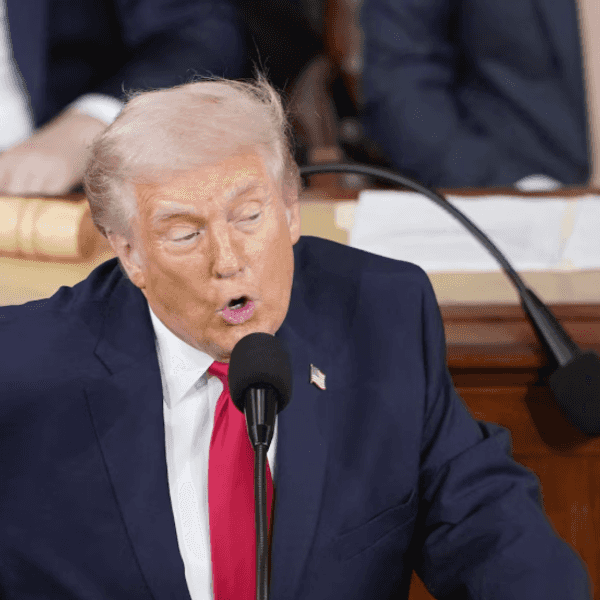The SEC’s Policy Of Destroying Records — And Letting Wall Street Get Away With Crimes
Ever wonder why exactly Wall Street seems to constantly avoid punishment for egregious violations and misdeeds? A new, explosive article in Rolling Stone tells how the Securities and Exchange Commission has been destroying records that could have led to further investigations of companies. The federal agency has been grossly neglecting its responsibility to monitor the financial sector by not maintaining older records of violations. As author Matt Taibbi puts it:
For the past two decades, according to a whistle-blower at the SEC who recently came forward to Congress, the agency has been systematically destroying records of its preliminary investigations once they are closed. By whitewashing the files of some of the nation’s worst financial criminals, the SEC has kept an entire generation of federal investigators in the dark about past inquiries into insider trading, fraud and market manipulation against companies like Goldman Sachs, Deutsche Bank and AIG. With a few strokes of the keyboard, the evidence gathered during thousands of investigations — “18,000 … including Madoff,” as one high-ranking SEC official put it during a panicked meeting about the destruction — has apparently disappeared forever into the wormhole of history.
All files are supposed to be maintained for at least 25 years, under a deal between the SEC and the National Archives and Records Administration. But that didn’t stop the SEC from directing staffers to destroy documents from preliminary inquiries, or “Matters Under Inquiry,” that did not receive approval from senior staff to become a formal investigation. The ramifications of this policy, as Taibbi notes, are serious: “Destroy the MUIs, and Wall Street banks can commit the exact same crime over and over, without anyone ever knowing.” He speculates that had the SEC been maintaining their records, they could have regulated Wall Street more effectively and consistently, possibly avoiding the 2008 economic collapse.
Last month, an SEC attorney named Darcy Flynn brought the issue to Congress’ attention, saying the SEC had been destroying records of preliminary investigations since at least 1993 and that more than 9,000 case files were destroyed in that time.
The enforcement division of the SEC even spelled out the procedure in writing, on the commission’s internal website. “After you have closed a MUI that has not become an investigation,” the site advised staffers, “you should dispose of any documents obtained in connection with the MUI.”
Many of the destroyed files involved companies and individuals who would later play prominent roles in the economic meltdown of 2008. Two MUIs involving con artist Bernie Madoff vanished. So did a 2002 inquiry into financial fraud at Lehman Brothers, as well as a 2005 case of insider trading at the same soon-to-be-bankrupt bank. A 2009 preliminary investigation of insider trading by Goldman Sachs was deleted, along with records for at least three cases involving the infamous hedge fund SAC Capital.
The destruction of records by the SEC, as outlined by Flynn, is something far more than an administrative accident or bureaucratic fuck-up. It’s a symptom of the agency’s terminal brain damage. Somewhere along the line, those at the SEC responsible for policing America’s banks fell and hit their head on a big pile of Wall Street’s money – a blow from which the agency has never recovered.
Many within the federal agency have close relationships with the Wall Street companies they are supposed to monitor — leading to policies such as allowing companies to investigate themselves in some instances. Many members of the SEC’s senior management work for Wall Street as soon as they leave the agency, commonly representing the companies in later investigations. Given this “revolving door” between the SEC and Wall Street, it is understandable that many of the MUIs are not approved by senior management to become full investigations. This conflict of interest at the upper levels makes the destruction of important MUIs even worse.
For a fledgling MUI to become a formal investigation, it has to make the treacherous leap from the lower rungs of career-level staffers like Flynn all the way up to the revolving-door level at the top, where senior management is composed largely of high-priced appointees from the private sector who have strong social and professional ties to the very banks they are charged with regulating. And if senior management didn’t approve an investigation, the documents often wound up being destroyed — as Flynn would later discover.
In response to the whistleblower’s revelations, the SEC’s inspector general plans to investigate and issue a report, but the agency is still trying to avoid punishment by claiming the documents related to MUIs don’t meet the “federal definition of a record.”
Meanwhile, Sen. Charles Grassley, who is quoted in the article, has sent a letter to SEC Chair Mary Schapiro, writing, “If [the whistleblower’s] allegations are correct, the intentional destruction of at least 9,000 MUIs would appear to greatly handicap the SEC’s ability to create patterns in complex cases and calls into question the SEC’s ability to properly retain and catalog documents.”
Of course, Sen. Grassley’s letter and corresponding press release received more media coverage than Taibbi’s piece. But his entire exposé — with its numerous dark revelations — is, as usual, well worth the look.








